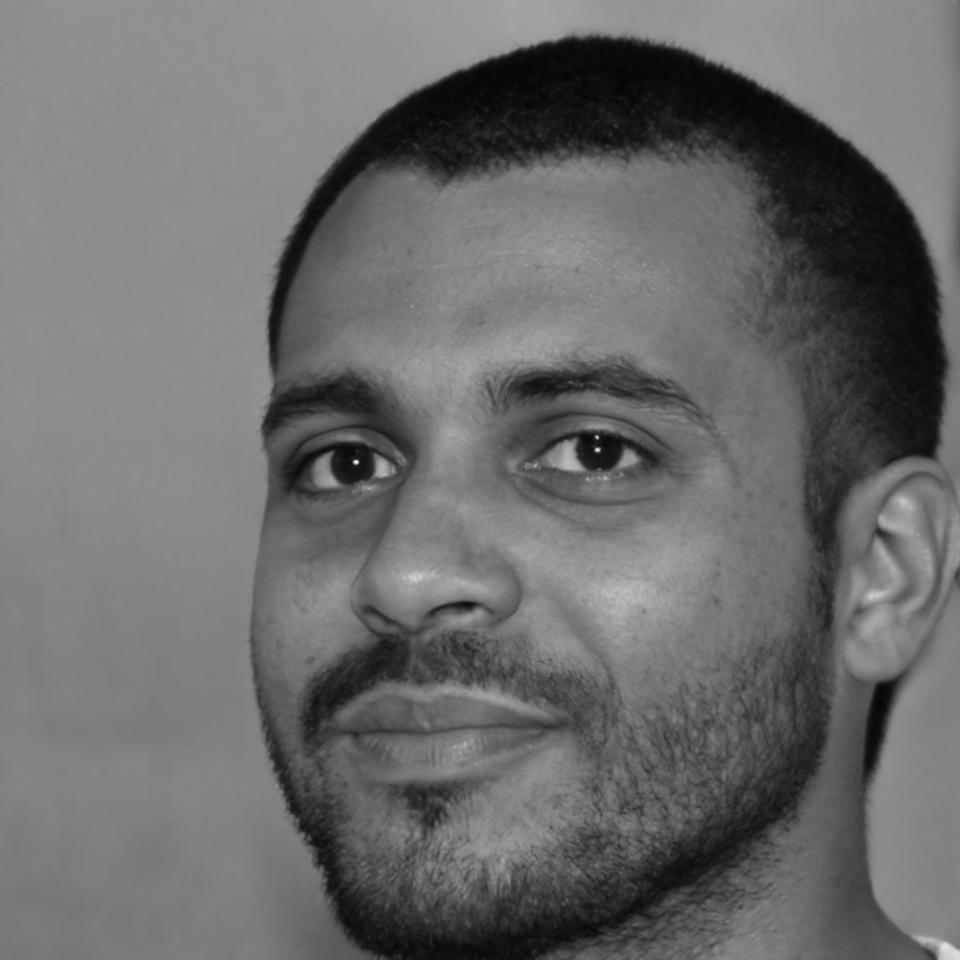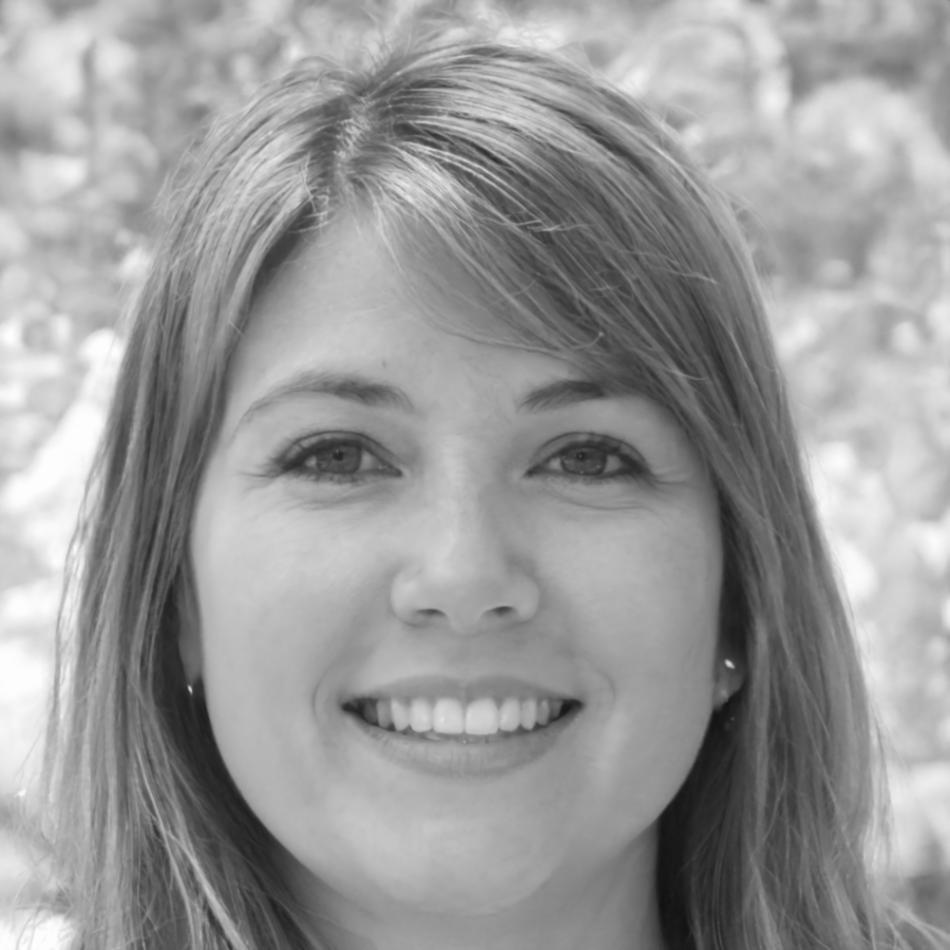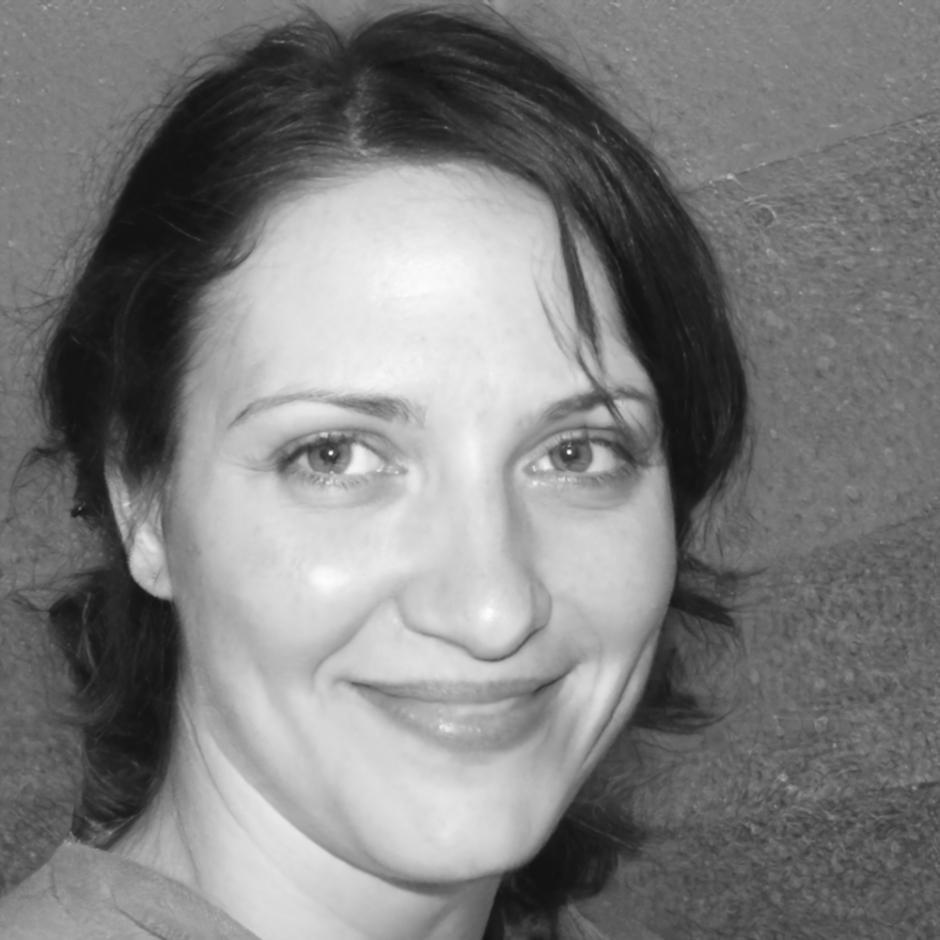Money Doesn't Have to Be Scary
Most of us weren't taught this stuff growing up. Bills just showed up. Credit cards seemed magical until they weren't. And somewhere along the way, talking about money became this weird taboo thing.
But here's what I've learned after years of watching people transform their relationship with money: it's not about being perfect. It's about being honest with yourself first.
Before you dive into budgets, investment strategies, or debt repayment plans, you need to know where you actually stand. Not where you think you should be. Not where your parents were at your age. Where you are right now, in 2025.

The Stuff Nobody Tells You
Your Past Doesn't Define Your Future
Made some questionable financial decisions? Join the club. That store card you maxed out in 2022? The car loan that's eating your paycheck? Those are data points, not character flaws. What matters is what you do next, and that starts with looking at the numbers without judgment.
Small Changes Actually Work
You don't need to earn six figures to get ahead. I've seen people on modest incomes build solid financial foundations because they understood their spending patterns. Sometimes it's as simple as realizing you're spending 0 a month on subscription services you forgot about. That's real money.
It Takes Longer Than You Think
Those Instagram posts about paying off ,000 in debt in six months? They're leaving something out. Maybe they lived with family rent-free. Maybe they had a windfall. Real progress usually happens over months and years, not weeks. And that's completely fine.
You'll Need to Get Uncomfortable
Opening your banking app when you know the balance is low. Adding up what you actually spend on takeaway each month. Admitting you have no idea what your super balance is. These moments feel awful. But they're also the turning point for most people who successfully change their money situation.
What Getting Started Actually Looks Like
Week One
You'll gather your bank statements, loan documents, and credit card info. It might take a few hours. You might feel anxious. That's normal. Just collect the facts first.
Week Two
You'll track every dollar you spend. Yes, even that .50 coffee. The goal isn't to judge yourself—it's to see patterns you've been missing. Most people are shocked by what they discover.
Week Three
You'll create a realistic budget based on actual data, not aspirational thinking. This is when the work starts to feel manageable because you're working with real numbers instead of guilt and guesses.
This isn't about becoming someone who obsesses over every cent. It's about building a system that works for your life so you can stop worrying about money constantly and actually use it as a tool.
What Changed for Them
These are real experiences from people who started exactly where you might be right now. Different situations, same underlying challenge: figuring out where to begin.

Callum
Retail manager, SydneyI avoided checking my bank balance for almost two years. Just used my card until it declined. Starting with just one month of actually tracking everything—not changing, just tracking—that's what shifted things for me. Turns out I was spending 0 a month on lunch. Didn't even realize.

Philippa
Graphic designer, MelbourneThe scariest part was adding up my credit card debt. I'd been making minimum payments for so long I lost track of the total. Seeing the actual number—,400—was brutal. But also weirdly freeing? Like, okay, now I know what I'm dealing with. Took me until late 2024 to clear it, but it happened.

Siobhan
Teacher, BrisbaneI thought I was pretty good with money until I actually wrote down where it all went. Streaming services, apps I never used, gym membership I'd forgotten about— a month on autopilot. That became my emergency fund. Small things add up faster than you think.
Ready to See Where You Stand?
Our courses walk you through this process step by step. No judgment, no unrealistic promises—just practical guidance for building financial clarity that actually fits your life.
